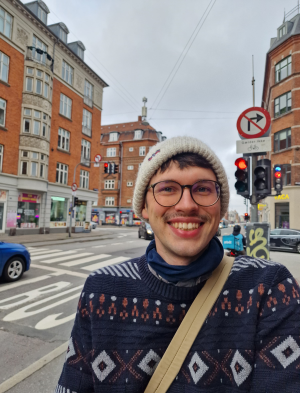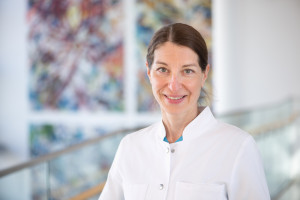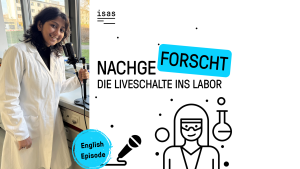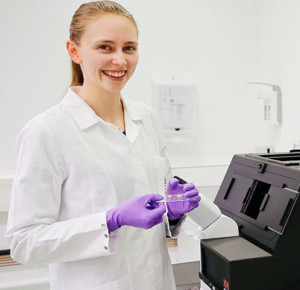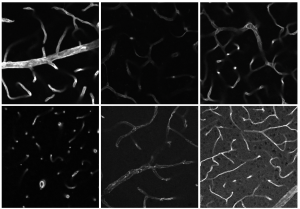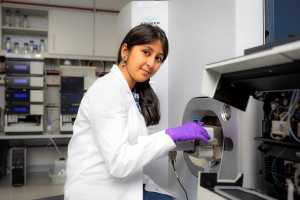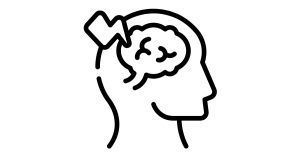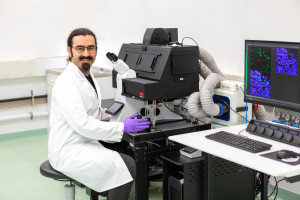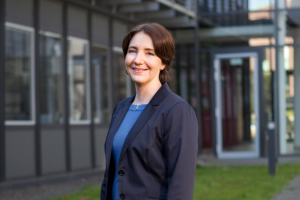Dortmund, 4th February 2025
At ISAS, employees from all over the world gather to collaborate on interdisciplinary research. The different experiences and perspectives form the basis for a network of diverse internal and external collaborations. In the ISAS Kompakt series "Valuable Connections", current and former ISAS researchers report on this scientific exchange across disciplines and national borders – before, during and after their time at ISAS.
A path that has led to ISAS is that of Adrian Sebuliba. He joined the AMBIOM junior research group as a software engineer in 2023. His previous role was with a digital commerce platform for the chemical industry in Kampala, Uganda. In this interview, he talks about why he decided to switch to health research and what advice he would give to researchers and developers who want to pursue an academic career in Germany.
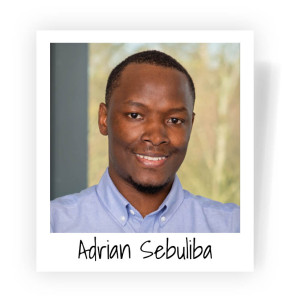
© ISAS/ Hannes Woidich
Why did you decide to switch to health research and work in AMBIOM?
For as long as I can remember, I’ve had a passion for using science and technology to solve real-life problems, especially in healthcare. Biomedical research offers the chance to make a direct, positive impact on healthcare practices. This field’s potential to change peoples lives inspired my switch.
Were you already familiar with the scientific system in Germany?
I had some exposure through joint projects, academic conferences and journals, for example. Watching scientific documentaries and attending webinars also gave me some insights. However, working directly within the German research setup has provided me with a much deeper understanding and appreciation of its benefits.
How does working at a non-university research institution like ISAS differ from your previous activities?
At ISAS, I’m experiencing a refreshing change from my previous tech industry roles. Here, I focus on interdisciplinary collaboration and applying technology to facilitate research. This approach significantly enhances problem-solving, making the process more dynamic and innovative. Additionally, ISAS provides strong support for converting research findings into usable tech products.
Where do you experience the biggest differences between your life in Uganda and in Dortmund?
Cultural and environmental contrasts are very noticeable in Dortmund. Life here moves faster. The infrastructure, for example the transport system, is rather diverse – that’s both exciting and overwhelming. It definitely took me some time to get used to the cold. However, Dortmund’s open-hearted, multicultural society makes it easy to move around socially.
What advice do you have for prospective or experienced researchers or developers who want to pursue an academic career in Germany?
I recommend staying open-minded and proactive in seeking opportunities. Network through conferences, webinars, and tech social media groups. Collaborate on large-scale, challenging projects through work experience, volunteering, or just for fun. Learning some conversational German can enhance both your career and personal life. Lastly, be flexible and resilient to overcome any adversity during your academic journey.
